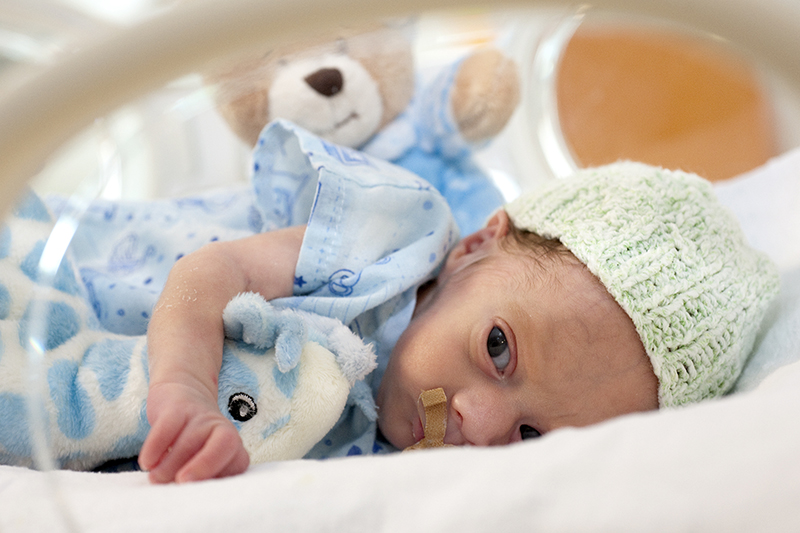Search
The prevalence of mental disorders is the proportion of children & adolescents in the population who meet DSM-IV criteria for a diagnosis of a mental disorder.
Schools play a major role in supporting young people with emotional and behavioural problems and are often where symptoms are first identified.
Young people provided information on self-harm behaviours of deliberately hurting or injuring yourself without trying to end your life.
Find information for researchers wanting to use Young Minds Matter data in their research, including resources and database access.
At the Wesfarmers Centre, we undertake research in five key areas of infections and immunisation to assist in children's health.
Review the hospital-based research that the Wesfamers Centre of Vaccines & Infectious Diseases conducts.
The aim of the study is the early identification of problems with the current flu vaccines, and providing parents and professionals with up to date information.

Coming up in 2021 Contact us We have a a study to suit every age range in 2021! From babies at just six weeks for the FluBub Study, through to
Conference presentations in 2025

